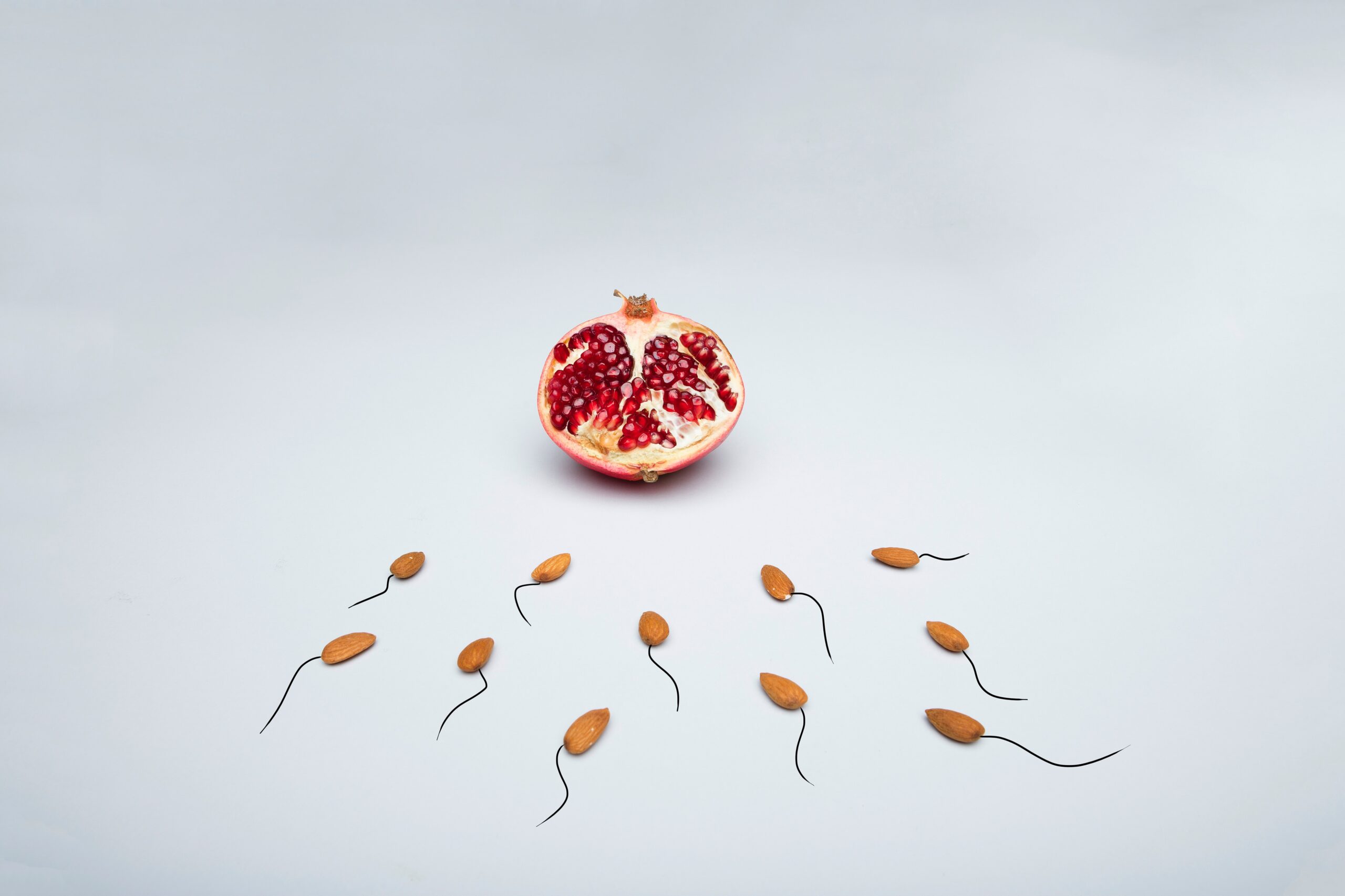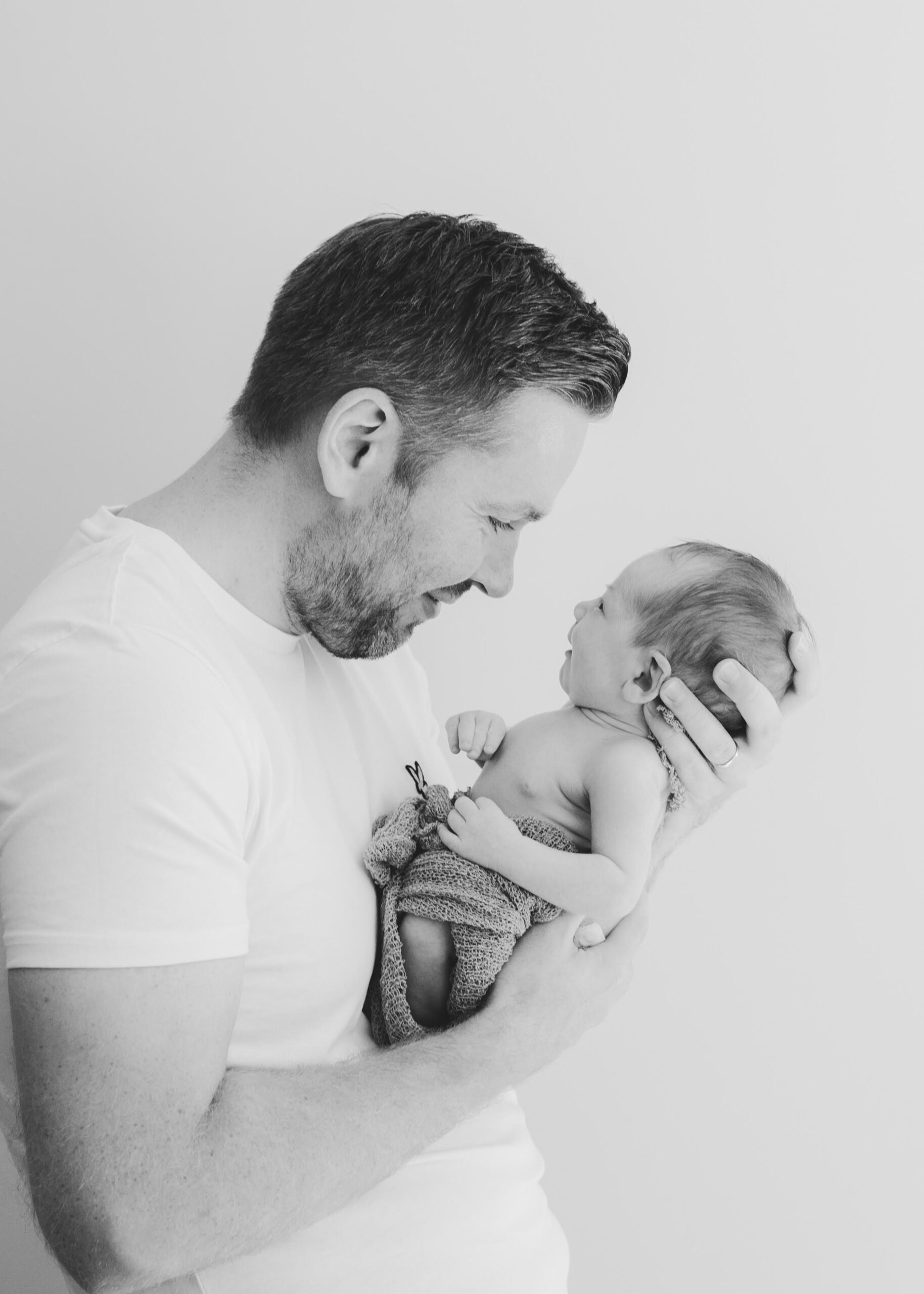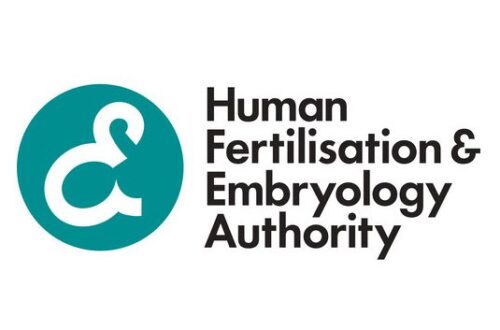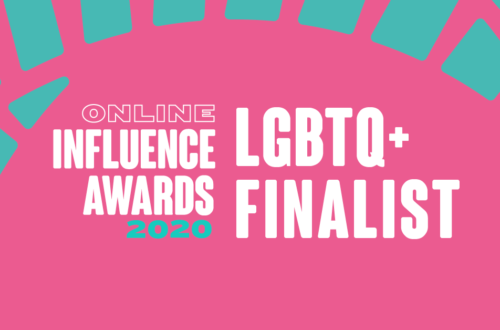
Thoughtful Egg Donor Selection: a pivotal point in the Surrogacy Journey
Carole Gilling-Smith, Medical Director and Michèle Gilling-Ulph, Egg Donation Coordinator at The Agora Clinic
Embarking on a surrogacy journey is an exciting and life-changing time for intended parents (IPs). When it comes to selecting an egg donor, it is crucial to make a thoughtful, well-informed choice but also to manage your expectations. In our experience, IPs need to bear in mind the realities and possibilities to be able to navigate this stage of the journey with confidence and clarity. makeup of the child.
First define your expectations
Before delving into the process of selecting an egg donor, start by defining and manage your expectations. If you are in a relationship, discuss with your partner what traits, characteristics, psychological and emotional qualities are important to you in an ideal egg donor. Consider factors such as physical attributes (height, weight, eye colour, hair colour), ethnicity, educational background, and shared values. These are subjective preferences, and it is only through understanding and sharing your expectations that you can choose an egg donor who aligns with each of your visions.
Have a realistic understanding of genetic Influence
We often find that IPs become very focused on specific set of characteristics and traits in an egg donor which can limit choice and opportunities. Although your egg donor will play a crucial part in influencing the genetics of your future child, it is important to remember that your child will also inherit genetic traits from you as the IP providing the sperm which leads to a unique combination of genetic influences as an embryo is created from the mixing of genes between the egg and sperm. The way those characteristics play out in your future offspring may not always be as expected, even when using a known donor.
Open versus anonymous donation
This is always a key decision and not one to be taken lightly. Anonymous donation means that the donor’s identity remains confidential while open donation means that some level of communication can take place between the donor and the intended parent or donor-conceived child. In the UK, the Human Fertilisation and Embryology Authority (HFEA) regulates all assisted conception procedures and ensures all clinics operate within current law. This requires that all egg and sperm donors are ‘open’. This means the donor’s identifying information is held secure on the HFEA donor register but no communication takes place between the donor and IPs. At the age of 18, the donor-conceived child can access information about the donor’s identity from the HFEA Register and, if they wish, request to meet them. In the case of anonymous donation, as is practiced in most other countries, the IPs and donor-conceived children will never have access to identifying information about their donor. The UK law around open donation came into force in 2005 following detailed consultation with all stakeholders involved in the donation process. From this consultation exercise, it was concluded that ‘open’ donation was in the donor-conceived child’s best interest.
Known donation

This takes things a step further. Known donation is when the egg donor is known to the IPs and may well have a role in their future child’s life or at least give the child a chance of better understanding their genetic identity and heritage from a young age. Known donors are often family members or friends, but increasingly IPs are turning to agencies to find them a known donor. The known donor route may seem initially appealing, and might in some cases be less costly, but it does need careful consideration as relationship dynamics may change over the course of the surrogacy process, as well as during the child’s life. Before selecting this donor option, we would always advise careful independent and group counselling of all parties involved so that clear boundaries and expectations can be carefully managed. We also recommend legal advice is taken by all concerned, where consideration can be given to preparing a legal agreement to protect and inform both the IPS and their donor.
Consider your future
In the process of selecting an egg donor, we would encourage you to think through and discuss what your plans are for the future and, if you are in a relationship, to consider a sibling journey and who’s sperm you would want to choose for each child. This may influence the type of donor that would be most suited to you and the types of characteristics you may be looking for in a donor.
Understand there can be limitations and work on being flexible
While you may have certain expectations regarding the egg donor, it’s important to understand the limitations of donor matching and we would encourage you to have some flexibility in your choices. The availability of egg donors may vary, and it’s crucial to approach the selection process with an open mind. Being flexible allows you to explore different options and find the best possible match for your family. Do remember that it is important not to set unrealistic goals for a donor match, as this could be a block to finding an appropriate donor and delay considerably the start of your parenting journey. We would always encourage you as a couple or solo intended parent to consider where you might be willing to compromise and discuss this with your clinic.
Don’t underestimate the importance of open communication
An open and honest dialogue between yourself and your partner is paramount during the egg donor selection process. Discuss your hopes, concerns, and any potential challenges that may arise. By sharing your feelings, you can ensure that both partners are on the same page and can support each other throughout the journey. We strongly advise, even at the early stages of discussion, having an implications counselling session to help delve into your feelings about the donor that you feel is right for you. You should consider doing this first individually and then as a couple.
Trust the professionals
Throughout the surrogacy journey, you will work closely with fertility specialists, surrogacy agencies, and other professionals who are well-versed in the process. Trust in their expertise and guidance as this can help manage your expectations effectively. These medical and scientific experts can provide valuable insights, answer your questions, and guide you in making informed decisions.
Our take home advice: National Fertility Awareness Week serves as a reminder of the remarkable possibilities that exist for those seeking to build their families through surrogacy. Thoughtful egg donor selection is a pivotal point in that journey. By managing your expectations, considering your options carefully and maintaining open communication, you can navigate this process with confidence and clarity. Remember to put your trust in the professionals, be open-minded, and above all cultivate patience and resilience, as both egg donation and surrogacy can be a long and difficult process with many ups and downs.





